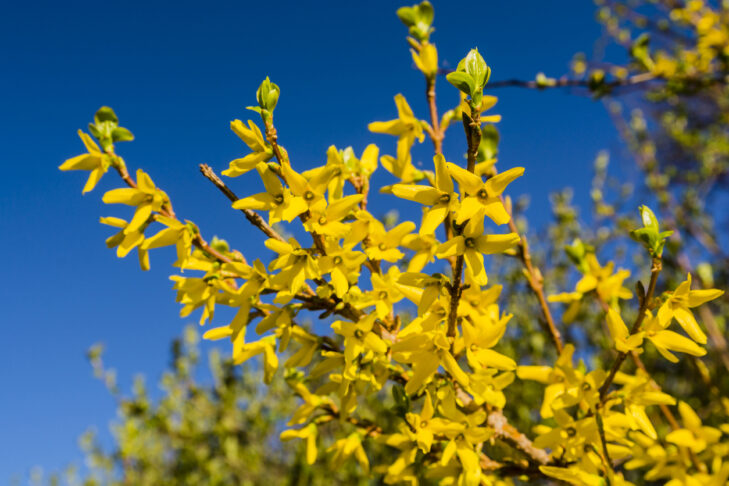We used to think we were in control of the ecological environment, but every now and then a natural plague arrives and shows us how weak and fragile we are. Extreme heat, swarms of locusts, turbulent storms, violent winds, devastating floods, and long-lasting plagues are occurring with greater frequency and ferocity. Is there a way to completely ensure our future safety?
It is quite clear that the actions we take affect the ecological environment and throw the natural system out of balance. But it is not clear what the consequences of each given step may be. It is not obvious where the next blow will come and what its nature will be because the system is so complex that we do not understand the myriad connections in it.
Our intellect, emotion and even science, are not currently able to grasp the integrity of nature and its complexities. Additionally, the economic interests of the ruling elites define what happens in each and every moment, and therefore, different systems and functions serve those interests, either consciously or unconsciously.
Many organizations work to reduce human harm to nature, but such activity alone will not solve the imbalance in nature, which is the reason for environmental catastrophes. Why? Because our problem is much deeper than reducing human harm to the environment. What destroys the ecological balance the most is the egoistic relationship of self-interest between human beings.
Nature is a system composed of an integral connection that operates through hierarchy. What happens to a certain degree in the system affects all the other degrees. The intensity of the impact is in line with its hierarchical ranking. The human race is the most developed echelon, so its influence on nature is the strongest.
A person’s relation to the inanimate, vegetative, and animal levels of nature occurs at specific degrees, and the system of relations between people happens at a higher degree. The nature of human relationships is determined by the level of egoism that is developed in a person. Jealousy, hatred, respect, corruption, domination, humiliation, joy, any sentiment that passes from person to person, both in action and in thought, upsets the balance of the entire natural network with the greatest intensity.
At the same time, the human being is also the most delicate creature in the natural system. When the system is influenced negatively, people suffer the most painful injuries.
As soon as this hierarchical image becomes evident to us, we will begin to address the root of the problem.
The intensification of human egoism, characterized by self-concern and exploitation of our surrounding environment, at a time when the world is becoming so interconnected, puts us in a perilous state. It urgently forces us to upgrade human nature. In the whole ecosystem there is integrity and reciprocity; we have no choice except to understand this principle. We are in one boat, so in order to survive the 21st century, each must change one’s human nature from its inherent evil, both in behavior and thoughts. We must change our thoughts, actions, and desires to those that are beneficial for others and the environment.
The practical method to learn how to attain this imperative transformation is the wisdom of Kabbalah. When we learn how to transcend all of our negative egoistic tendencies and recognize that we are all individual parts in a single, connected and completely interdependent mechanism, we will also comprehend that doing good to others is also good to me. Then we will have the mindset and emotion needed to build a network of mutual consideration and mutual guarantee.
In this advanced state our effect on the whole system of nature will be positive. We will return the inanimate, vegetative, and animate levels of nature to a general balance.
Just as today we are the ones who destroy all of nature, so we also have the power to repair it. The future of the planet depends on us.
This post has been contributed by a third party. The opinions, facts and any media content are presented solely by the author, and JewishBoston assumes no responsibility for them. Want to add your voice to the conversation? Publish your own post here. MORE



